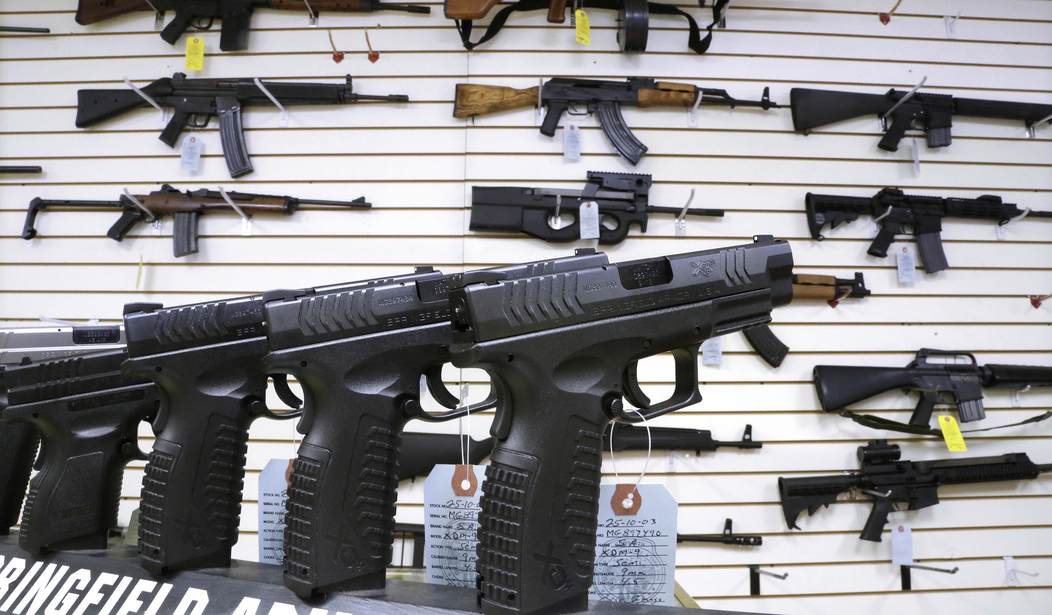The United Kingdom sits in the Atlantic. It's surrounded by water on all sides, except in Northern Ireland which shares a border with the rest of Ireland, but as they have similar gun control laws, guns don't flow in through there. At least not since the IRA started trying to play nice.
Anyway, the only street access to the UK is via the Chunnel that runs under the English Channel.
In theory, that gives them every advantage in keeping guns off of their streets. However, as I've pointed out already this week--and it's just Tuesday when I write this--those laws aren't really working.
And part of why it won't work?
Because so long as people want guns, they'll find a way, and I've got a couple of examples of that happening.
First, we have this incident in Coventry.
Police have seized 'lethal' banned Turkish-manufactured firearms across the West Midlands. Owners of top-venting blank-firing (TVBF) handguns are being urged to hand them in at Coventry Central Police Station.
TVBFs have a fully blocked barrel and a visible painted surface and are designed to fire only blank cartridges. Criminals may paint them black so they look like original lethal-purpose weapons and convert them into fully functioning firearms, West Midlands Police said in a statement yesterday (February 3).
This is where a lot of guns in criminal hands throughout Europe come from. They take blank-firing guns and convert them into functional firearms.
Unsurprisingly, for an entire continent that has embraced gun control, that has led to restrictions on these blank-firing guns.
Because the issue of armed criminals is simply that they're armed, not criminals.
Yet, as the man said in the movie, "You can't stop the signal."
Which is where another report comes from. This time, the cops are at least realistic.
A legal loophole allowing criminals to build their own untraceable guns at home is to be closed after police warned they are powerless to stop domestic firearms "factories".
It follows the murder of US healthcare executive Brian Thompson, who was allegedly killed with a gun made partly by a 3d printer.
These can be bought for as little as £300 and can create working firearms using detailed instructions available online. A plastic gun made this way might be usable only once but can be lethal.
The firearms cannot be traced and are sometimes known as "ghost guns". Police are usually able to track the history of conventional weapons, including where they were manufactured.
The alarm was raised by Graeme Biggar, director general of the National Crime Agency, who told MPs in 2023: "At the moment, the possession of the blueprint to make that firearm is not unlawful, so we can go in and see there is a firearm there, and we can see it is a factory that is making these weapons, but we cannot do anything about it."
Biggar is right, they can't.
They're never going to be able to do anything about it, either. Even as Parlament debates a measure that would make owning the files illegal, it won't actually do anything to prevent these guns.
Plus, such a law introduces some serious problems, including what counts as possession in the first place. Do you need to physically have the files on your hard drive or a USB drive in your possession, or will access to a file on a cloud server be sufficient?
In short, such a law won't actually do anything to reduce gun printing in the UK.
They can't do anything about it.
This is for the best because it should be clear by now that gun control hasn't worked in the UK. Criminals still find ways to get guns and the only people impacted are those in the UK who could be trusted with a rocket launcher and would never hurt a soul.








Join the conversation as a VIP Member